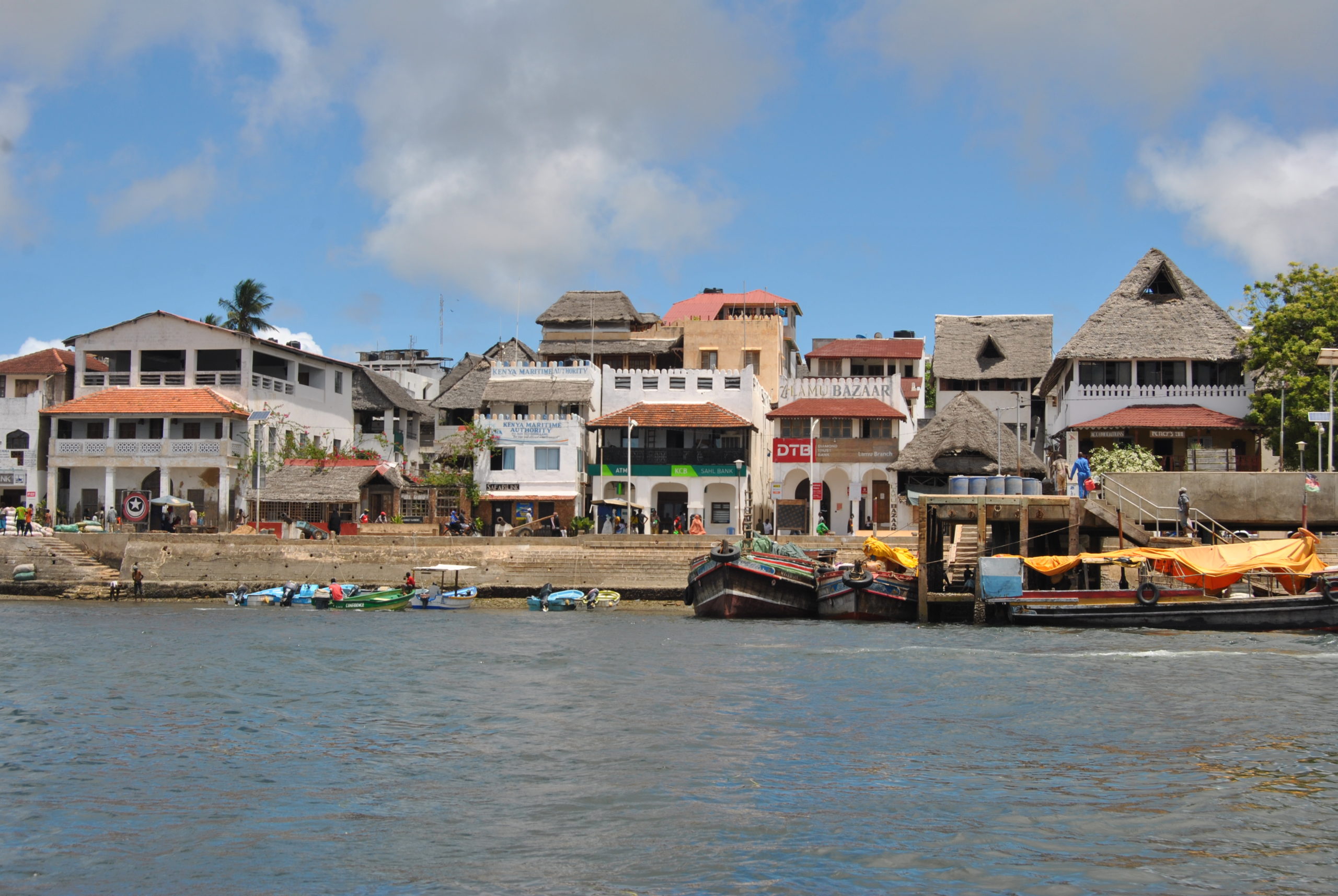Kenya’s President, Uhuru Kenyatta on the 3rd week of May inaugurated the Lamu Port that seeks to link the Indian Ocean to the ambitious regional project, the Lamu Port South Sudan Ethiopia Transport Corridor, otherwise known as the LAPSSET Corridor Project.
President Kenyatta presided over the operationalization of the first of the 32 berths port, terming it a critical pillar of the LAPSSET project, which is a transport corridor linking the three east African countries.
“As a critical pillar of the Lamu Port-South Sudan-Ethiopia Transport (LAPSSET) corridor project, this Port will connect South Sudan, Ethiopia, and Kenya. Eventually, it will connect northern Kenya to the Middle Belt of Africa; which runs from Dakar, Senegal in the west to Lamu in the east,” President Kenyatta said.
But, the event raised more concern by lobby groups in Lamu, as well as scientists on the president’s commitment to environmental protection, as they claim that these projects are destroying the environment and costing the local residents their sources of livelihood.
The LAPSSET project is the second to be set up in Lamu, after the coal-fired power plant that the government wanted to set up in Kwasasi, a few miles from the new Lamu Port. The coal plant project was halted by the Environment Court in June 2019, on the basis that the stakeholders did not carry out an environmental impact assessment. A consortium of like-minded organizations fighting for environmental justice under the umbrella name, Save Lamu, had filed the case at the court.

The project also involves the construction of three major cities within the country, an oil pipeline, a standard gauge railway, and major airports.
Likewise, the same organization had filed a case at the High Court of Kenya in January 2012, and a determination was made in 2018 by the same court.
In the April 2018 ruling, the High Court found rampant environmental violations in the project and awarded Sh1.76 billion to Lamu fishermen affected by the project. The ruling remains frozen without implementation, while an appeal by the Kenya Ports Authority and other responders has not been heard by the Court of Appeal since 2018.
Despite this ruling, Lamu Port construction continued for four years unabated. Thousands of fishermen have had their livelihoods affected by four years of dredging and land reclamation. Port construction has profoundly damaged the ecosystem, in particular killing corals and diminishing marine nurseries in a richly biodiverse area.
“Already three years have passed since the court awarded us this compensation, which has been owed to us since 2014 when the port project began,” said Somo M. Somo, Chairman of the Lamu County Beach Management Unit.
“Lamu fishermen leadership attended several stakeholder meetings over these years. We made concessions to find an agreeable resolution. Just two weeks ago, we sat in meetings for a week, while observing Ramadan, to reach an agreed-upon plan, yet they have decided to launch the Lamu Port despite the promise they made last week about the fishermen’s compensation matter,” said Mohamed Athman, Save Lamu Chairman.

“In moving forward with this launch, the government and the Kenya Ports Authority (KPA) have failed to keep their word. Rather than resolve this vital fishermen’s compensation matter as promised, instead, they have decided to celebrate and launch Lamu Port,” Athman said.
Many would argue that the development project would be a great opportunity for growth and development for the region, but as Human Rights Watch spoke to a human rights defender working in Lamu, she pointed out that this should not be the case at the expense of people’s livelihood.
“When LAPSSET began, it was touted as a boon for the people of Lamu, a source of hope for many who had lived in poverty for generations. The project was to employ many, open up the region for trade and growth. However, in its early years, the project has left many without land or compensation. Fishermen are losing out on their livelihood since the fishing area is now restricted, and their little boats cannot be used further out into the ocean for deep-sea fishing,” said Salome Nduta, a senior program officer at Kenya’s National Coalition of Human Rights Defenders.
Direct compensation for harm incurred is just one remedy amongst a litany of environmental violations in the planning and construction of Lamu Port, a major component of the Lamu Port and Lamu-Southern Sudan-Ethiopia Transport (LAPSSET) Corridor Project.

The port has been constructed by the China Communications Construction Company (CCCC), associated with the China Road and Bridge Corporation (CRBC), for USD $500 million, according to Save Lamu.
However, the organization also blames the regulatory agency, National Environmental Management Authority (NEMA), saying that it has failed in its role to monitor compliance and enforce the violations occasioned by the project proponents.
In a statement, Save Lamu raised concerns and put out their demands to the presidency and all the stakeholders involved.
“We condemn this decision by President Kenyatta and officials to launch Lamu Port while ignoring the project’s serious issues that were affirmed by the High Court in 2018; we call on the Kenya Ports Authority and Treasury to swiftly compensate the fishermen, and to stop shirking their responsibilities and making false promises; we call on the Court of Appeal to hear and resolve the appeal that was filed by Kenya Ports Authority and fellow respondents in 2018 — and stop ignoring a pivotal court ruling; and finally, we call on President Kenyatta to take immediate action to ensure the Lamu fishermen are compensated and resolve the serious and escalating environmental issues with Lamu Port,” the statement concluded.

